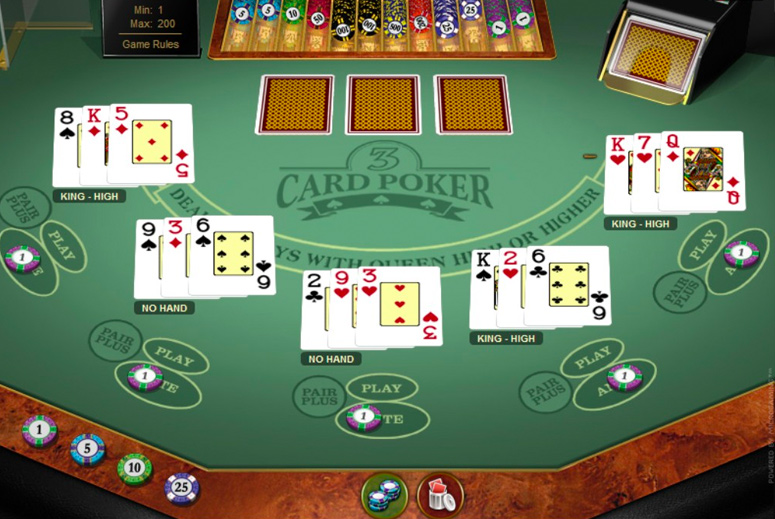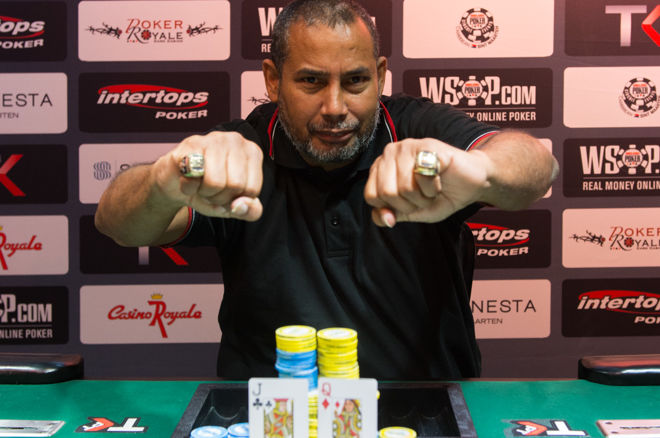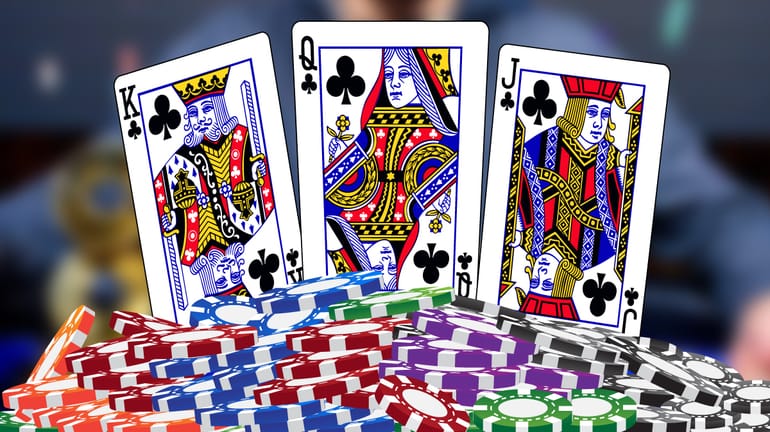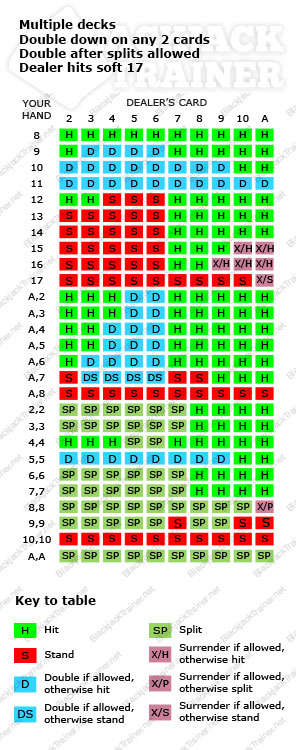Blackjack Payout 3 To 2 Calculator
The difference between 3:2 blackjack and 6:5 blackjack is simple. If you have a winning blackjack hand, you get paid 3 dollars for every 2 that you bet, or 1.5:1 odds. In 6:5 you get paid $6 for every $5 you bet, which is 1.2:1 odds. It may seem like a small difference but.
Hi guys. This is Mike.

- Blackjack Payouts 3-2 Learn with flashcards, games, and more — for free.
- Blackjack Payout - 3 to 2. The payouts for various Blackjack bets. Click here to study/print these flashcards. Create your own flash cards! Additional Other Flashcards. Cards Return to Set Details.

The topic of this Wizard of Odds Academy video will be on the importance of a blackjack paying 3 to 2 odds in blackjack as opposed to 6 to 5, which is a very common rule variation right now.
Here in Las Vegas
You see a lot of players playing 6 to 5 blackjack even at high amounts. Frankly, I have no idea why other than out of a ignorance of math.
I hate to have to insult your intelligence by even pointing this out, but 3 / 2 = 1.5, 6 / 5 is 1.2. The player will get 30% of a bet more with every winning blackjack if he's playing 3 to 2 blackjack as opposed to 6 to 5.
How important is that rule mathematically?
Let's see:
Let's assume six decks of cards, which is the norm, and that the player has no knowledge of any other cards in the deck. The probability that the first card the player gets is worth 10 points, is 96 / 312 because there are 96 10-point cards, 16 x 6 is 96, and 312 total cards in the shoe. 52 x 6 is 312. Assuming the player's first card is a 10-point card.
He at least has hope of a blackjack. He will need an ace or that second card. There are 24 aces in the shoe, and 311 cards left.
However...
...the player might get the ace first. It's just as likely to get the ace first in a blackjack as a blackjack, starting with a 10-point card. We multiply this by two. The probability the player gets a blackjack is equal to 4.75%. However, in order for this pay to make any difference, it must be a winning blackjack. If the dealer gets a blackjack too, then it doesn't make any difference.

Once the player has a blackjack, what is the probability that dealer will get one? Well, again, the dealer could get the ace and the 10 in either order thus the two. There will be 95 10-point cards left in the shoe out of 310 cards. After you take out the two player cards, there will be 23 aces left by the time it's the dealer's second card.
Assuming the player has a blackjack, the probability that the dealer gets one as well is 4.56%. It goes down because the player already has an ace and a 10 out of the shoe. The odds are a little bit down due to the effect of removal. The probability that the player has a winning blackjack equals 4.75% x (1 - 4.56%).
In other words, the probability of a player blackjack and times the probability that the dealer does not have a blackjack, so the probability that the player has a winning blackjack is equal to 4.53%.
The math of this is really quite easy
The probability the player has a winning blackjack is 4.53%, which is conveniently one in 21, and the game is called 21. That's easy to remember. Every time the player gets a winning blackjack, if he's playing 3 to 2 blackjack as opposed to 6 to 5, he will win 0.3 times his bet more because (3 / 2) - (6 / 5) = 0.3, as we showed before. 4.53% x 0.3 = 1.36%.
That means...
...f the player plays 6 to 5 blackjack as opposed to 3 to 2, he's giving the casino an extra 1.36% of his bet, probably for nothing. This assumes all other rules being equal.
Okay, I hope that I have convinced you guys not to play 6 to 5 blackjack when given the choice. However, if you're still on the fence, let me throw some more numbers at you.
These are all based on what are normally, otherwise, fairly standard Las Vegas Strip rules. You can find these at most of the MGM / Mirage properties. Dealer hits a soft 17, double after split allowed, player make double on any two cards, surrender is allowed, and resplitting aces is allowed. With correct basic strategy, and a blackjack paying 3 to 2, the house advantage under those rules is a nice low 0.46%.
That is giving the casino less than one in 200 hands.
It's a pretty cheap way to gamble. However, if we just change that blackjack pay from 3 to 2 to 6 to 5, then, as I just showed you, the house advantage goes up by 1.36% to 1.82%, so 0.46% to 1.82%, that is almost four times as high. That's paying four times as much for the same service and product.
Let me tell you what that looks like in terms of your expected losses per hour:
If you are a $5 player, an hour worth of play on average will cost you $1.66 at a 3 to 2 table, and $6.55 at a 6 to 5 table. A $10 player can expect to lose $3.31 per hour at a 3 to 2 table, and $13.10 at a 6 to 5 table. A $25 player can expect to lose $8.28 at a 3 to 2 table, and $32.76 at a 6 to 5 table.
Finally, a $50 player can expect to lose $16.56 at a 3 to 2 table, and $65.52 per hour at a 6 to 5 table.
I hope I've convinced you to stay away from 6 to 5 blackjack wherever you can. Now, I'm sure a lot of you are saying, 'Mike, I'm a low roller. I'm uncomfortable with the limits at the at the 3 to 2 tables.' If that's true, okay, I get it.


You may not really have the choice in that situation, and you may be stuck with 6 to 5, if you must play. Sometimes there's just nothing you can do about it and the situation is only getting worse.
The casinos here in Las Vegas as well as I think everywhere in the United States, are trying to phase out 3 to 2 blackjack slowly but surely as it's really not very profitable for them.
I don't think I have anything much more to say on this topic. Thanks for watching and I'll see you in my next Wizard of Odds Academy video. Thank you. Bye, guys.
The online JS minimizer tool helps you optimize your scripts for a better page loading speed.
Some blackjack players don’t seem to see what the big deal is about the difference in getting a 3-2 payout or a 6-5 payout. Sure you don’t get quite as much money from a 6-5 payout, but then you are getting to play in a single deck game.
Really quick: casinos have been offering 6-5 payouts on single deck blackjack games. These games are to be avoided at all costs by the way.
But the problem with a 6-5 blackjack payout versus a 3-2 payout is not that you are getting less money. Yes, that’s a problem—a very justifiable one—but it’s not the main reason to be avoiding those tricky 6-5 single deck blackjack games.
The main reason you want to avoid playing those games is what it does to your odds.
What Does 3 To 2 Payout Mean In Blackjack
Part of a player’s odds is how much he’s winning…or not winning.
Think of it this way. When you’re dealt a natural blackjack you are paid 3-2; and when you simply win a round you’re paid 2-1. Now look at what the dealer gets paid: 1-1 for a natural blackjack and 1-1 for winning.
Look at this situation. You’re playing the dealer one-on-one for twenty hands. Of those twenty you win five with blackjack and five you just beat the dealer’s hand; the dealer also wins five hands with blackjack and five only just beating you, how much money have each of you been paid?
You would have won $75 on the blackjacks and $50 on the regular winning hands, for a total of $125. The dealer would have won $50 on his blackjack and $50 on his regular winning hands, for a total of $100.
In a 6-5 payout on a $10 wager, you would only be paid $12 for a natural blackjack instead of $15. In the same scenario as above you would’ve only won $60 for your natural blackjack hands; added to the $50 from your winning regular hands, you have won $110 instead of $125. And the dealer’s winnings would not have changed either.
Which is more advantageous to the player: the $125 or the $110?
The 6-5 payout blackjack games increase the house edge by 1.4%. And that 1.4% is just given to them because they don’t have to pay you as much for your blackjacks.
Blackjack Payout 3 To 2 Calculator
So between the 1.4% increase in house edge and the lower amount of money paid to you, why would you even think of playing in a 6-5 game?
Pst!
By the way, increasing the wager from $10 to a more widely wagered amount like $20, makes the payout differences look like this in the same twenty hand game from above in which you and the dealer each won five rounds with blackjacks, and each won five regular hands
3-2 Game: $250 (you) vs. $200 (dealer)
6-5 Game: $210 (you) vs. $200 (dealer)